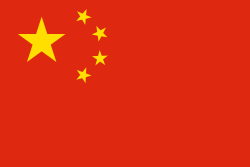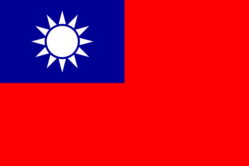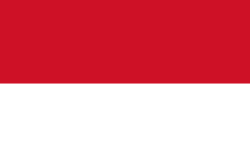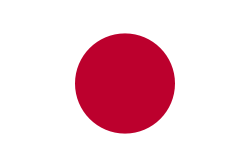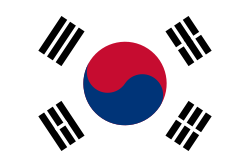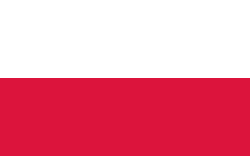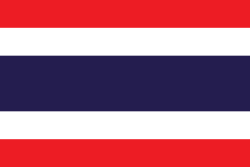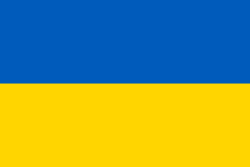Many buyers assume any polyethylene rope will do — yet iRopes’ UHMWPE ropes deliver up to 5× the strength of standard PE with just a 12% price premium ⚡
3‑minute read: What you’ll gain
- ✓ Achieve 5× higher tensile strength, allowing you to halve rope weight without sacrificing load capacity.
- ✓ Custom diameters from 6 mm to 50 mm can match any engineering specification.
- ✓ ISO‑9001‑certified production helps keep defect rates below 0.5 %.
- ✓ Direct pallet shipping reaches 30 + ports in 7‑10 business days, helping to slash logistics costs.
Imagine sourcing a rope that not only floats but can outperform steel on a per‑kilogram basis. Yet many wholesalers still order the generic grade. In the following sections, we’ll uncover why iRopes’ ultra‑high‑molecular‑weight polyethylene (UHMWPE) outshines ordinary PE, reveal the hidden cost‑savings of bespoke diameters, and show how our ISO‑9001‑backed OEM/ODM service helps eliminate lead‑time surprises. Ready to challenge traditional assumptions?
Understanding Polyethylene Rope: Properties and Benefits
When you ask, “What is polyethylene rope?” you’re likely looking for a synthetic fibre that expertly balances strength, flexibility, and resistance to environmental elements. In simple terms, polyethylene rope is a product made from the polymerisation of ethylene, a gas extracted from crude oil or natural gas. The resulting fibres are lightweight, waterproof, and buoyant, making them a popular choice for marine, industrial, and outdoor applications.

Understanding its core mechanical properties is essential for determining if this rope is suitable for your project. Here are the key attributes that distinguish polyethylene rope from many alternatives:
- Tensile strength: Offers high load capacity while remaining remarkably lightweight.
- Abrasion resistance: Its surfaces remain intact even after repeated contact with rough edges.
- Elongation and shape memory: The rope stretches under load and reliably returns to its original length.
- Low stretch: Helps maintain consistent tension, which is crucial for marine rigging and industrial applications.
Beyond its strength, polyethylene ropes perform exceptionally well in harsh environments. They repel water, float effortlessly, and resist a wide range of chemicals, from acids to solvents. UV stabilisers, added during production, extend the rope’s lifespan in sun‑exposed conditions, while its inherent buoyancy removes the need for additional flotation devices.
Thermally, polyethylene softens at approximately 165 °C (329 °F). While this is lower than many engineering plastics, it is typically sufficient for most outdoor and marine applications where extreme heat is uncommon. This melting point also means the rope can be safely melted down for recycling, aligning with modern sustainability goals.
Our rope specialists often tell clients that the combination of buoyancy and chemical resistance makes polyethylene rope the quiet workhorse of offshore operations.
Because these ropes are engineered to maintain their strength when wet, they are widely favoured by boat builders, aquaculture farms, and outdoor equipment manufacturers. If you require a rope that resists rot, won’t absorb water, and can withstand salty spray, polyethylene rope offers a reliable solution.
With a clear understanding of these essential characteristics, the next step involves evaluating which polyethylene rope suppliers can consistently deliver the performance your operations demand.
Choosing the Right Polyethylene Rope Suppliers for Your Business
Having recognised the significant material benefits of polyethylene rope, the next logical step is to identify suppliers who can consistently meet high standards. You’ll need a partner who not only provides the right rope performance but also safeguards your design ideas and adheres to tight project timelines.
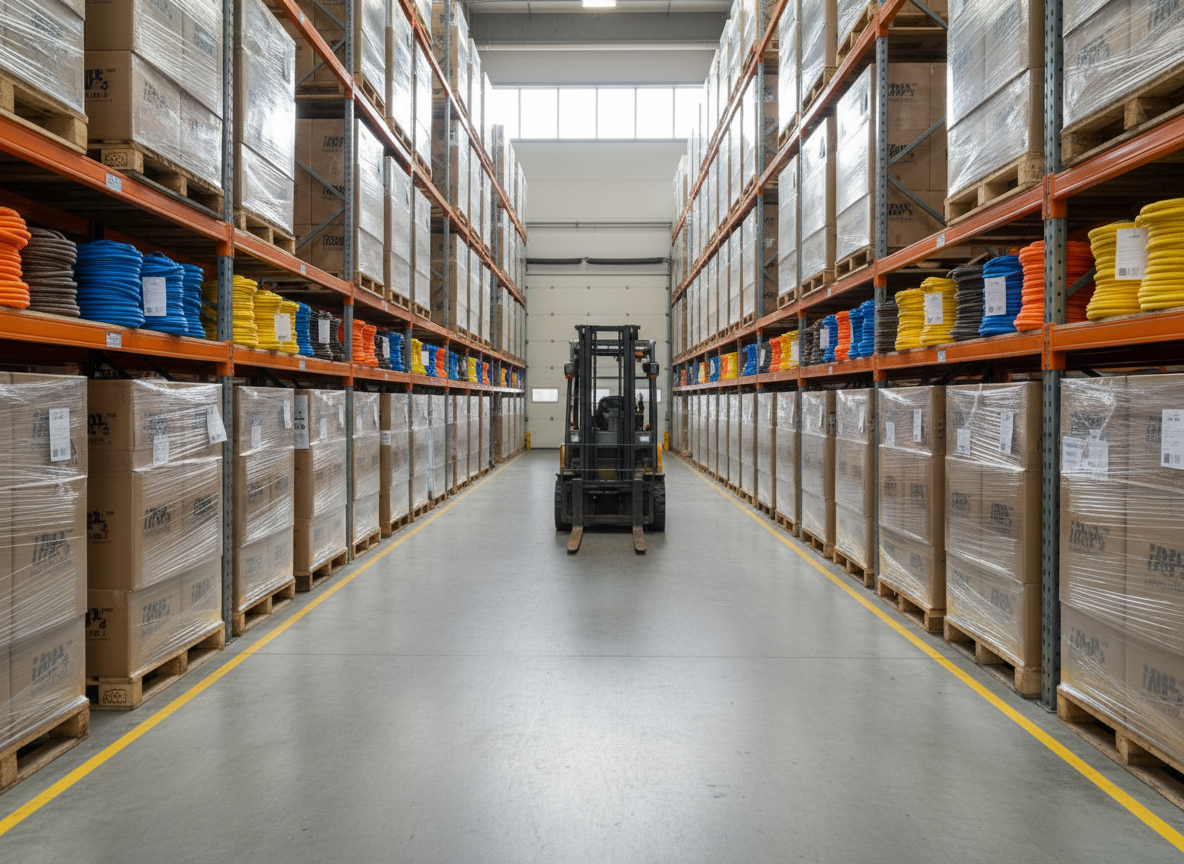
Evaluating potential polyethylene rope suppliers means looking beyond merely comparing price tags. Below are the three key pillars you should carefully examine before committing to a contract:
- Quality credentials & IP protection: ISO 9001 certification indicates systematic quality control, while robust intellectual-property safeguards protect the confidentiality of your custom designs.
- Manufacturing scale & OEM/ODM flexibility: An ideal supplier should competently handle large‑batch production while also offering bespoke twists, colours, or reflective inserts to align with your brand.
- Delivery reliability & cost efficiency: Short lead times, dependable global shipping, and transparent pricing are all essential for seamless wholesale operations.
A common question surfacing during supplier research is: “What is the difference between polypropylene rope and polyethylene rope?” In essence, polypropylene rope is typically lighter and often more economical, but it degrades more rapidly under UV exposure and offers lower tensile strength. Conversely, polyethylene rope provides superior abrasion resistance, better heat tolerance, and enhanced buoyancy—qualities that establish it as the preferred choice for many marine and industrial applications.
Quality Assurance
At iRopes, every production run undergoes rigorous ISO 9001 checks, and our IP safeguards ensure your proprietary designs remain protected throughout the manufacturing and shipping processes.
When you align these crucial criteria with your project timeline and specific requirements, you’ll swiftly discern which suppliers can truly deliver the polyethylene ropes your business needs. The next section explores the specific ways these ropes add practical value across various industries.
Polyethylene Ropes Applications Across Industries
Having explored how to choose a reliable supplier, you might be wondering where polyethylene rope truly excels in practical, everyday work. Below, you’ll find the most common scenarios where its unique combination of lightness and durability provides significant value.

In the maritime world, dock lines and anchor lines frequently depend on the rope’s ability to remain buoyant and resist saltwater spray. Commercial fishing vessels also prefer it for buoyancy‑critical ropes that must stay visible after prolonged periods at sea.
Dock & Anchor Lines
Used on yachts, barges, and offshore platforms, these ropes help keep vessels moored safely while managing the constant motion of waves.
Fishing Gear
From net lines to crab-pot ropes, the material's buoyancy helps ensure catches remain visible and easy to retrieve.
Industrial Lashing
Utility lines, barrier ropes, and heavy-duty lashings benefit significantly from the rope's excellent abrasion resistance and chemical stability.
Outdoor Safety Ropes
Camping kits, water‑ski lines, and reflective safety ropes all rely on its lightweight feel and enhanced visibility in low‑light conditions.
The best uses for polyethylene rope include marine mooring, industrial lashing, fishing equipment, and outdoor safety gear, where buoyancy, chemical resistance, and low stretch are essential.
When planning a new construction site, this same rope can function as a temporary barrier, keeping pedestrians safely clear of hazardous zones while effectively withstanding contact with various surfaces. Outdoor enthusiasts often choose it for lightweight camping lines that won’t absorb rain, and water‑ski operators appreciate the smooth pull that contributes to better speed control.
Every one of these scenarios highlights why wholesale buyers consistently favour polyethylene ropes for projects demanding reliability without excessive weight. Understanding these real‑world applications will prepare you to discuss your exact needs with a supplier – a conversation that leads directly into the custom‑solution options iRopes expertly provides.
Custom Solutions and Quality Assurance with iRopes
Having observed how polyethylene ropes perform effectively in various real‑world settings, the next logical question is how their performance can be customised to your precise needs. iRopes uniquely blends advanced material science with flexible manufacturing to transform a generic rope into a product that embodies your brand and meets your project’s most demanding specifications.

iRopes primarily focuses on Ultra‑High‑Molecular‑Weight Polyethylene (UHMWPE) and premium nylon ropes, leveraging their outstanding strength‑to‑weight ratios. UHMWPE delivers tensile capacity that can surpass steel on a per‑kilogram basis, while nylon provides superior impact absorption and flexibility. Both polymers reliably retain their shape under repeated loading, making them ideal for high‑stress marine rigging or demanding industrial lashings.
Material Excellence
Why UHMWPE and nylon stand out
Ultra‑high strength
Delivers tensile performance that surpasses many steel alternatives, while remaining exceptionally lightweight.
Low stretch
Helps maintain consistent tension, which is crucial for precision‑driven marine and industrial tasks.
Chemical resilience
Resists acids, alkalis, and solvents, ensuring longevity and reliable performance in harsh environments.
Tailored Solutions
Options that fit your brand
Diameter & length
Select exact dimensions to meet your specific load calculations and storage constraints.
Colour & branding
Match your corporate palette or add high‑visibility hues, with optional logos directly on the rope sheath.
Accessories & packaging
Integrate custom loops, thimbles, or reflective inserts, then receive your order in branded bags or cartons.
Every batch produced at iRopes leaves our factory under strict ISO 9001‑guided supervision. Automated tension testing, thorough visual inspection, and documented traceability ensure that the rope you receive precisely matches your approved specifications. Should a design evolve, iRopes’ robust IP protection framework helps ensure your proprietary patterns remain confidential from raw material processing to final pallet shipment.
With iRopes, global logistics are handled efficiently in‑house. Pallets are loaded directly onto sea‑freight containers, and we provide real‑time tracking along with all necessary customs documentation for over 30 destination ports worldwide. Dedicated account managers keep you informed of production milestones, enabling you to plan your downstream operations confidently and avoid unexpected delays.
With a clear understanding of material advantages, extensive customisation breadth, and comprehensive quality safeguards, you are now ready to transform a generic polyethylene rope into a tailor‑made solution for your business.
Having explored the high tensile strength, buoyancy, and UV resistance of polyethylene rope, you can now appreciate why it is a dominant feature in marine rigging, industrial lashing, and outdoor safety gear. The hallmarks of leading polyethylene rope suppliers – including ISO 9001 certification, robust IP protection, and flexible OEM/ODM capacity – collectively ensure consistent quality and reliable delivery.
iRopes builds on this foundation, producing both ultra‑high‑molecular‑weight polyethylene and nylon ropes that can be extensively customised in terms of diameter, colour, branding, and reflective features. We deliver the precise polyethylene ropes your project demands, ensuring optimal performance and full brand alignment.
Request a personalised rope solution
If you’d like a tailored recommendation or a quote for a custom UHMWPE or nylon rope, simply complete the form above and our specialists will be in touch.


